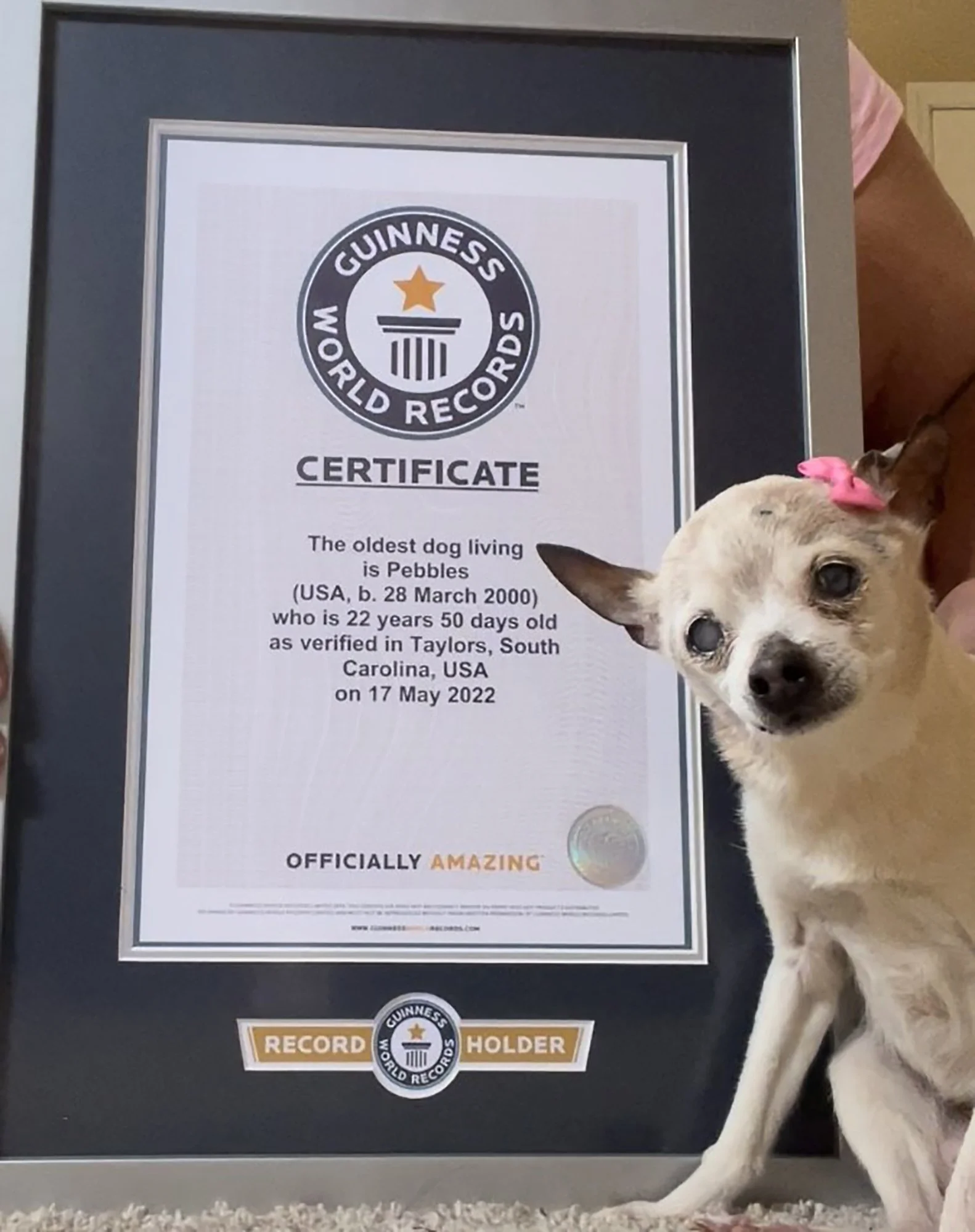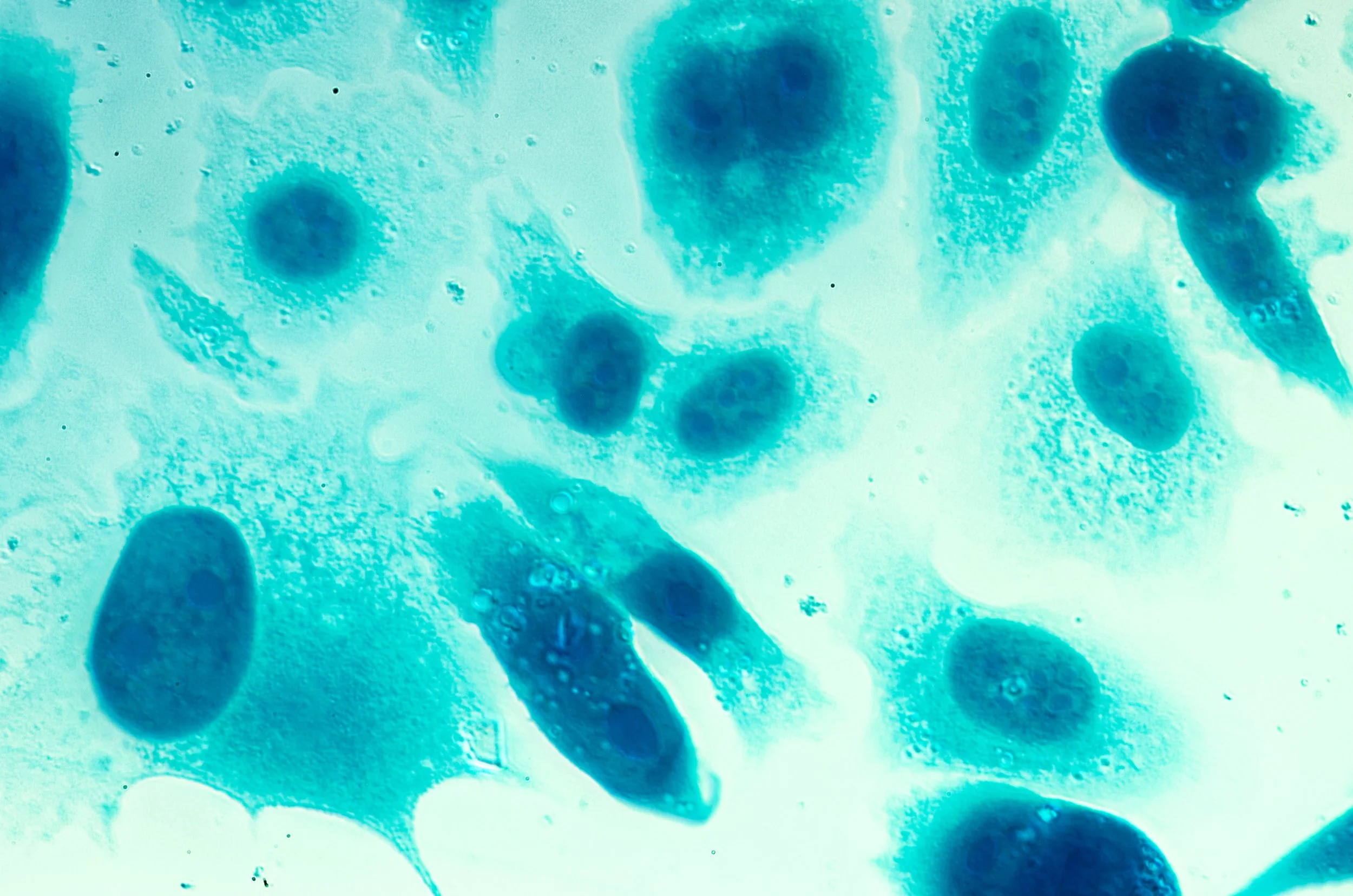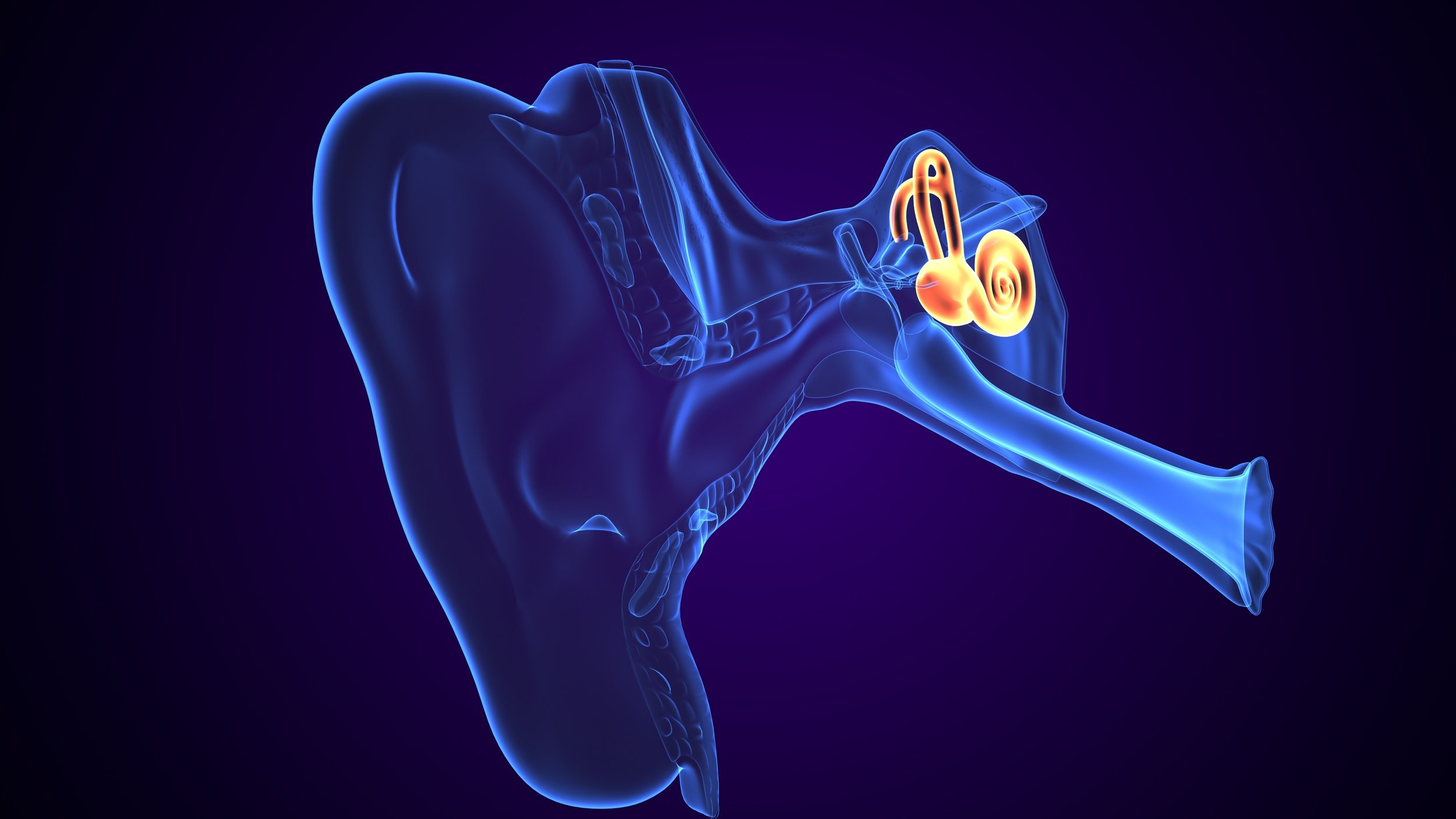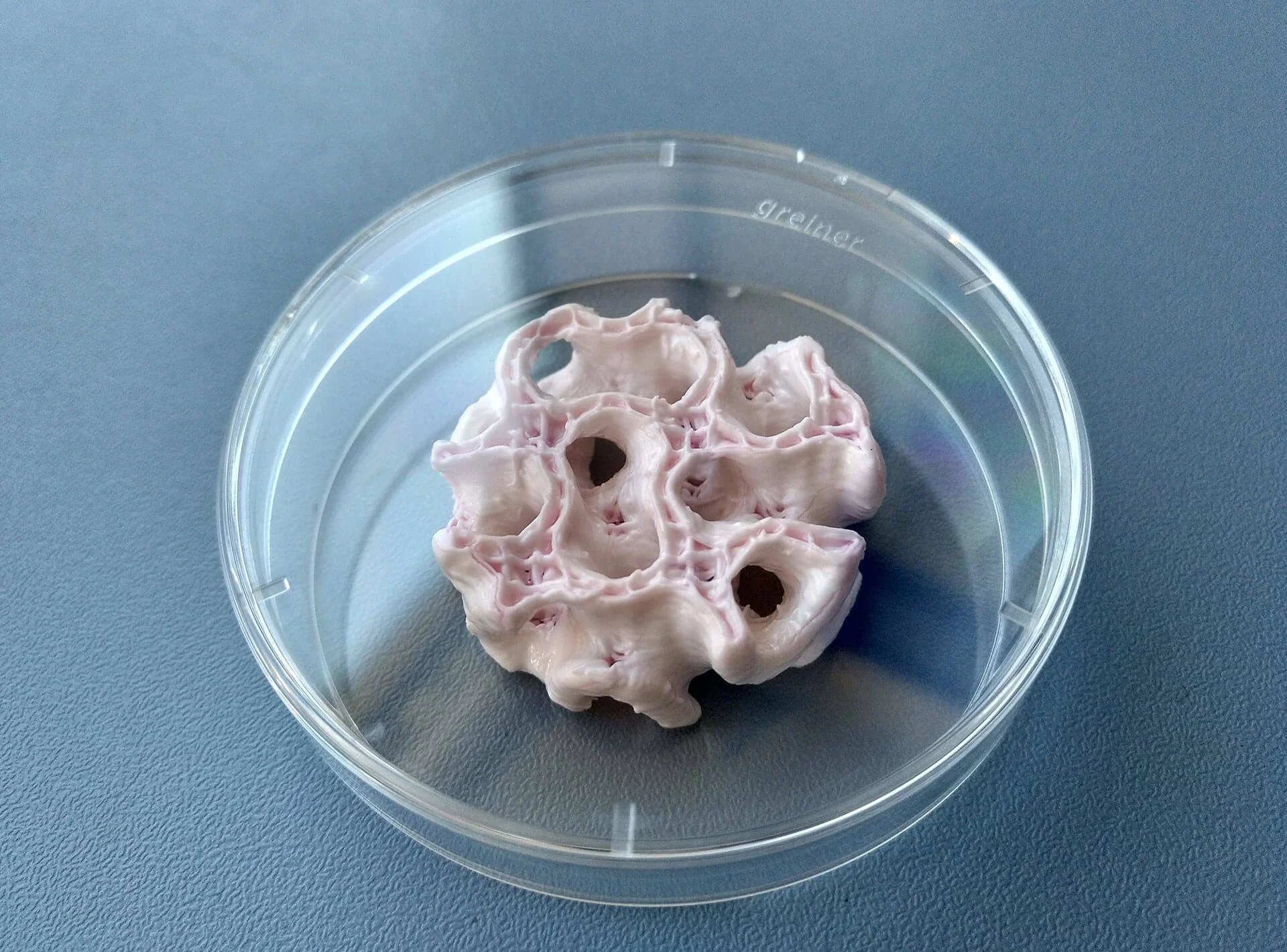If you can balance on one leg for 10 seconds, you’re more likely to live at least another decade
/A study published this month in the “British Journal of Sports Medicine” reports that people who failed a 10-second balance test of standing on one foot were nearly twice as likely to die in the next 10 years. While the connection between balance and longevity is not clear, the study’s lead author, Dr. Claudio Gil Soares de Araújo, suspects it may be tied to frailty. “Aged people falling are in very high risk of major fractures and other related complications," Araújo told NBC News. "This may play a role in the higher risk of mortality.”
Read More



















